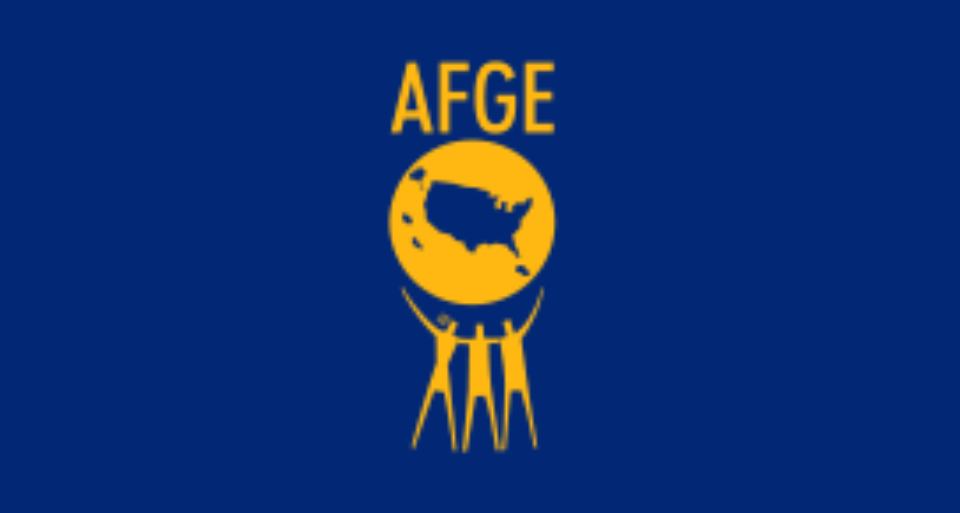Federal whistleblowers now have stronger protections
[CounterPunch.org] Veterans Wonder: Will Biden’s VA Pick Halt Slide Toward Privatization?
December 28, 2020EEOC Final Vote Update
January 13, 2021Federal whistleblowers now have stronger protections For decades, federal employee unions and advocacy organizations have complained about weak protections for feds who stand up and blow the whistle on waste, fraud and abuse.
Despite several reforms in federal law and regulations—from the Whistleblower Protection Act (1989), to the Whistleblower Protection Enhancement Act (2012), and others—on the ground such complaints continue to resonate with rank-and-file federal employees, who have seen a long line of high-profile whistleblowers get punished in various ways for their legitimate—and often heroic—efforts.
So, it comes as good news that the House of Representatives recently put in place what backers hope might help remedy the problem: new rules strengthening protections for federal whistleblowers who disclose wrongs to lawmakers. How so? As of this week, for the first time, House members who breach confidentiality on the identity of an anonymous whistleblower will be held to have violated that body’s Official Code of Conduct.
“The framers of the Constitution assigned the U.S. Congress three basic functions: to represent, to legislate, and to conduct oversight of the executive branch,” House Majority Leader Steny Hoyer (D-Md.) wrote in a letter last November, where he proposed the change. “Without vigorous oversight that includes encouraging federal employees who see wrongdoing to report it anonymously and without fear of retribution, Congress cannot hold the executive officials, including the president and his appointees, to account or enact laws that serve the people it represents.”
“Members of Congress who would willfully undermine their own institution’s ability to conduct oversight by revealing or threatening to reveal the identities of whistleblowers must face consequences,” Hoyer continued.
The new rules, now in effect, are part of a package of House ethics reforms.=
For more information, feds should check in with their unions, government resources, and major advocacy organizations with expertise in whistleblower law and practice, such as the Project on Government Oversight’s whistleblower resources pages.
This content is restricted to site members. If you are an existing user, please log in. New users may register below.
Share via:






